Wait and see no longer an option for investment in Iran
Several Swiss companies are willing to invest in Iran despite sanctions, Switzerland’s Ambassador to Tehran Markus Leitner says, signaling how impatient international companies are to return to business with the resource-rich country.
Drugmakers Novartis and Roche, food company Nestle, agricultural chemical maker Syngenta and adhesive maker H. B. Fuller Europe have demanded that Iran remove customs and other trade barriers for their presence in the Iranian market, Leitner said.
He made the request during a Monday meeting in Tehran with vice president in charge of economic planning Mohammad Baqer Nobakht who welcomed Switzerland’s approach, Fars news agency reported.
“The sun of sanctions is setting, and the sun of collaboration is rising. God willing, we will have broader cooperation with the Swiss side in the future,” Nobakht said.
Switzerland was the first nation to lift sanctions on Iran in July 2015 when the Islamic Republic reached a landmark nuclear deal with Europe’s three leading states and other countries.
A major conference arranged with the participation of some 500 business owners in Zurich at the time recommended Iran as “the pole of stability in a very, very unsafe region” and a “virgin market”.
Like other European companies, however, Swiss firms suspended their businesses in Iran after the former Trump administration pulled the US out of the nuclear deal and announced the most draconian sanctions ever on the Islamic Republic.
To their credit, Swiss companies were perhaps among the most reluctant to leave.
Nestle, for example, initially said it would continue operations in Iran. The company produced infant cereals and formula in the northern city of Qazvin and had a bottled water factory in Polour in Mazandaran province.
Swiss firm Stadler Rail expressed enormous disappointment in having to ditch a $1.4 billion deal to build 960 subway wagons for Iran in May 2018.
So did Switzerland’s rail tracks maintenance machines manufacturer Matisa which had signed an initial agreement with Iran's state rail company for obsolescence management.
“The Swiss railway companies have invested heavily in the Iranian market. It is frustrating that all these efforts have now been for nothing," Stadler Rail sales chief Peter Jenelten lamented at the time.
He also chided the Europeans for never being able to “outdo the US", saying as long as the dollar remained the most important currency of the world, the US would retain its hegemony.
Until 2012, Switzerland’s Glencore, Vitol and Trafigura were among the top suppliers of gasoline and other refined products to Iran before the country became self-sufficient amid the sanctions.
Engineering group ABB, Switzerland's biggest bank UBS and equipment and machinery maker Bucher Industries AG also carried out significant trade with Iranian customers.
During the sanctions, the Swiss government launched a channel to export food and medicine to Iran without running foul of the US measures.
The Swiss Humanitarian Trade Arrangement (SHTA) aimed to ensure Swiss-based exporters and trading firms in the medical, pharmaceutical and food sectors have a secure channel with a Swiss bank to guarantee payment for exports to Iran.
Dozens of companies announced interest to take part when SHTA got off to a start last July. But except for a pilot deal involving Swiss bank BCP and Novartis for shipments of cancer and organ transplant drugs worth 2.3 million euros, no more significant trade took place.
Why is investing in Iran attractive?
As an energy superpower, Iran has always been attractive to international investors, but direct investment has been hindered by sanctions.
The Iranian government liberalized investment regulations in the early 2000s. For foreign investment, Iranian authorities insist on a long-term commitment and a transfer of technology as a requisite for getting a share in the market.
The most favored option is for foreign companies to enter into a joint-venture agreement with a public or private Iranian partner. The existing level of technology and infrastructure makes tie-up with Iranian companies suitable for expansion and development.
Many Iranian companies are actively seeking joint-venture partners both to fill their technological as well as management gaps. Others are looking for a revival of their company through foreign capital.
On top of Iran’s priorities is the development of non-oil exports. The country has the advantage of a broad domestic industrial base, an educated and motivated workforce, cheap labor and energy resources.
The country’s geographical location gives it access to an estimated population of some 300 million people in Caspian markets, Persian Gulf states and countries further east.
Iran has the consumer potential of Turkey, the oil reserves of Saudi Arabia, the natural gas reserves of Russia, and the mineral reserves of Australia.
Its area roughly equals that of the UK, France, Spain, and Germany combined, with a diverse climate which makes it suitable for a wide range of agricultural products.
US imposes ‘terrorist-grade sanctions’ on UN expert, ICC judges amid Gaza accountability drive
VIDEO | Press TV's news headlines
Senior Russian general shot and wounded in Moscow: Officials
UK ordered in 'milestone' court ruling to pay $570 million for colonial-era massacre
VIDEO | Defying the rubble, Gaza opens its first face-to-face school since start of war
‘Ready for next round’: Million-man rally in Yemen backs Gaza, resistance
FM Araghchi departs Muscat for Doha following nuclear talks with US
Israeli keeps killing more Palestinian civilians in Gaza amid relentless ceasefire violations


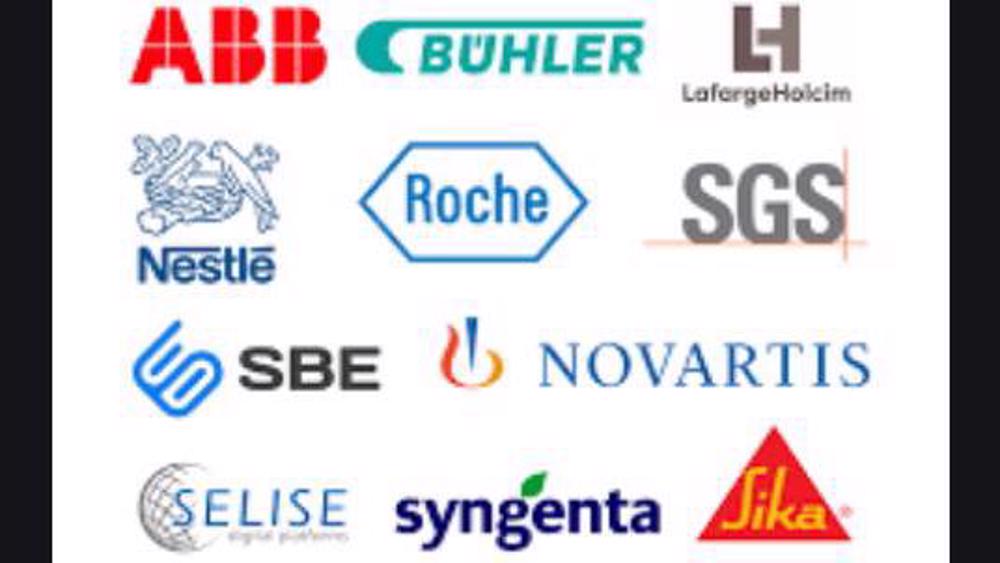

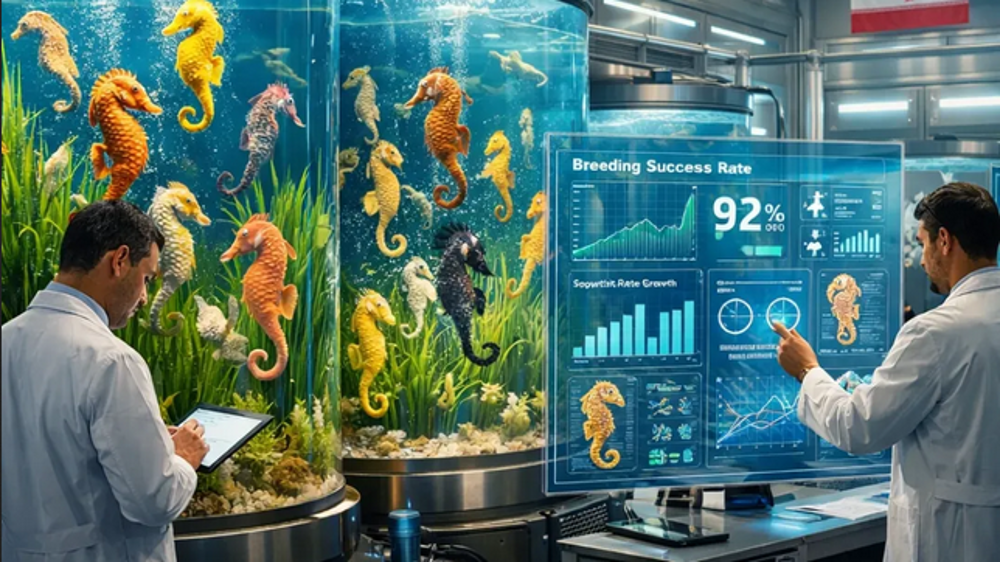
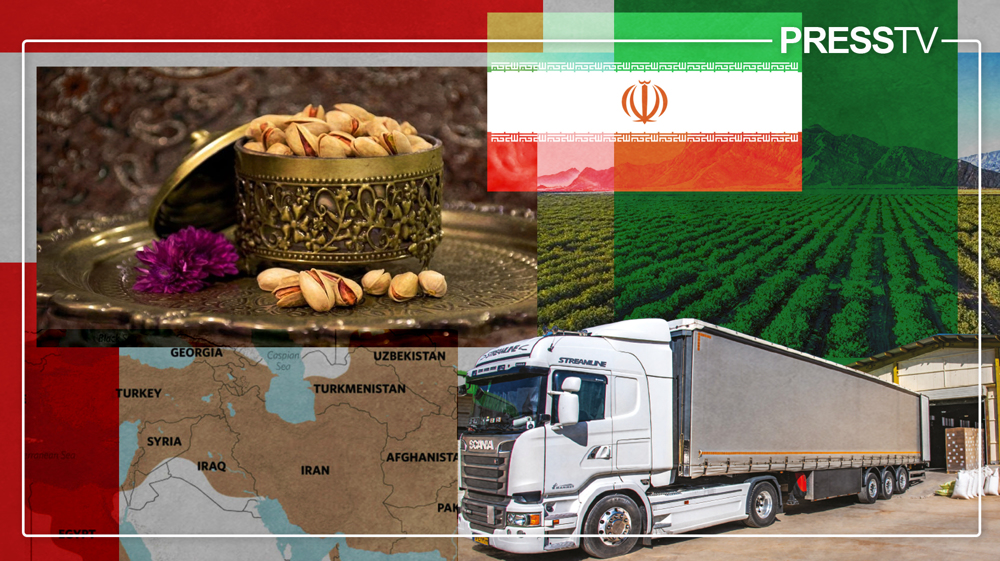
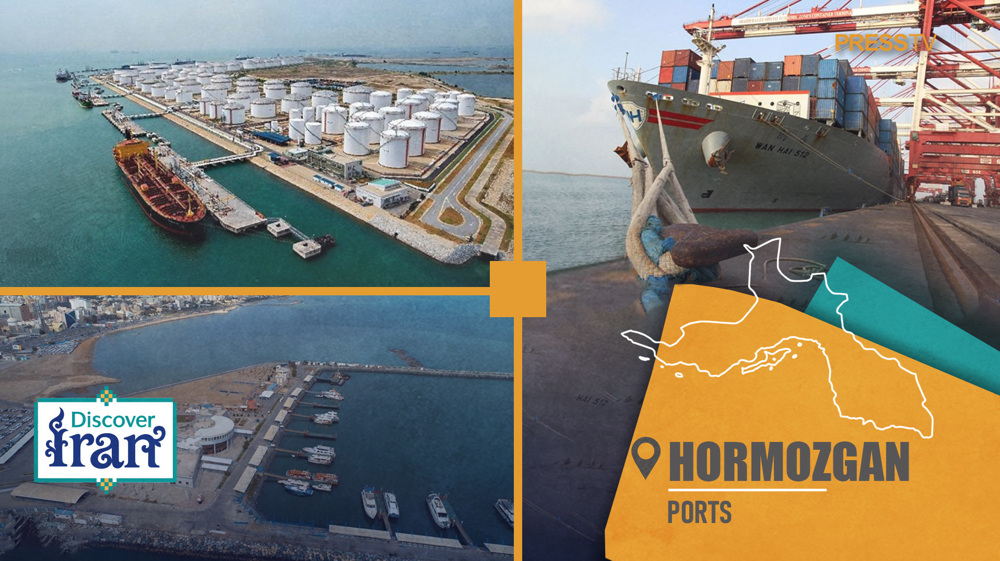



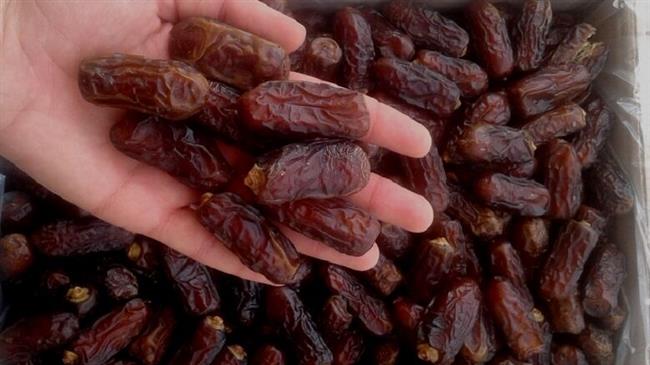
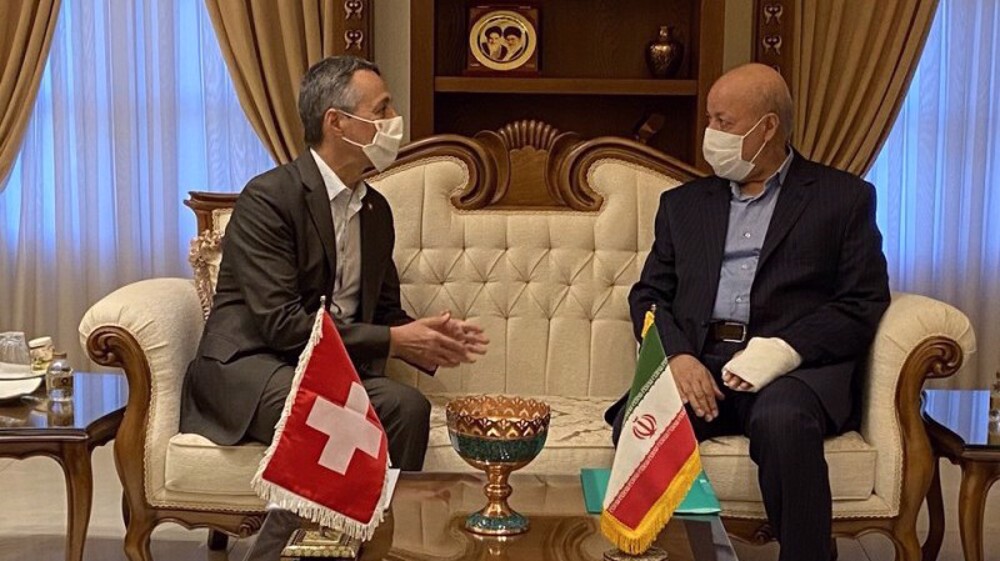



 This makes it easy to access the Press TV website
This makes it easy to access the Press TV website